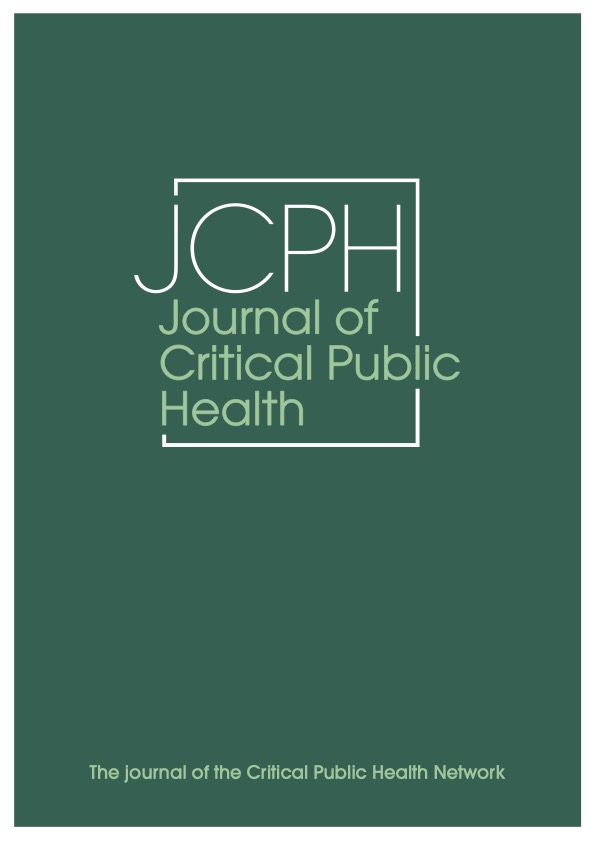What extraordinary times tell us about ordinary ones: A multiple case study of precariously employed food retail and service workers in two U.S. state contexts during the COVID-19 Pandemic
DOI:
https://doi.org/10.55016/ojs/jcph.v1i1.78291Keywords:
precarious employment, employment quality, fundamental causes, constrained choices, policyAbstract
Disease prevention relies on a complex interplay between social context and individual behaviors. Work and the employment conditions that shape it are key domains where this interplay occurs, a reality highlighted by the COVID-19 pandemic. To explore the links between employment quality and social context as drivers of disease prevention, we conducted a multiple case study of food retail and services workers during COVID-19 in two U.S. states – Indiana and Washington – with differing norms and policy landscape. We drew on public health surveillance data, government/NGO documents, and media sources to contextualize in-depth interviews with 26 precariously employed food workers. Analysis consisted of a within-case and a cross-case phase, each drawing on state contextual and interview data. Precariously employed food workers in Indiana and Washington had contrasting expectations of employers, government, and public health that paralleled policies and norms in their respective states. Ultimately, though reasons for it differed, workers in both states made choices about preventive behaviors in an individualized way that was shaped by their employment circumstances. Explicit consideration of employment and the social safety net in public health would better prepare us for the next crisis and ameliorate health inequities under ordinary circumstances.
Published
Issue
Section
License
Copyright (c) 2024 Emilia Vignola, Sarah B. Andrea, Anjum Hajat, Tess D. Weathers, Emily Q. Ahonen

This work is licensed under a Creative Commons Attribution-NonCommercial-NoDerivatives 4.0 International License.
All articles in the Journal of Critical Public Health are published under a CC-BY-NC-ND license, or a CC-BY license if authors or their funders require this. The default CC-BY-NC-ND license means that authors and users may copy and distribute the material in any medium or format in un-adapted form only, for non-commercial purposes only, and only so long as proper credit is given (as is customary in academic work). Authors retain copyright of their work published in Journal of Critical Public Health and full publishing rights without restrictions


